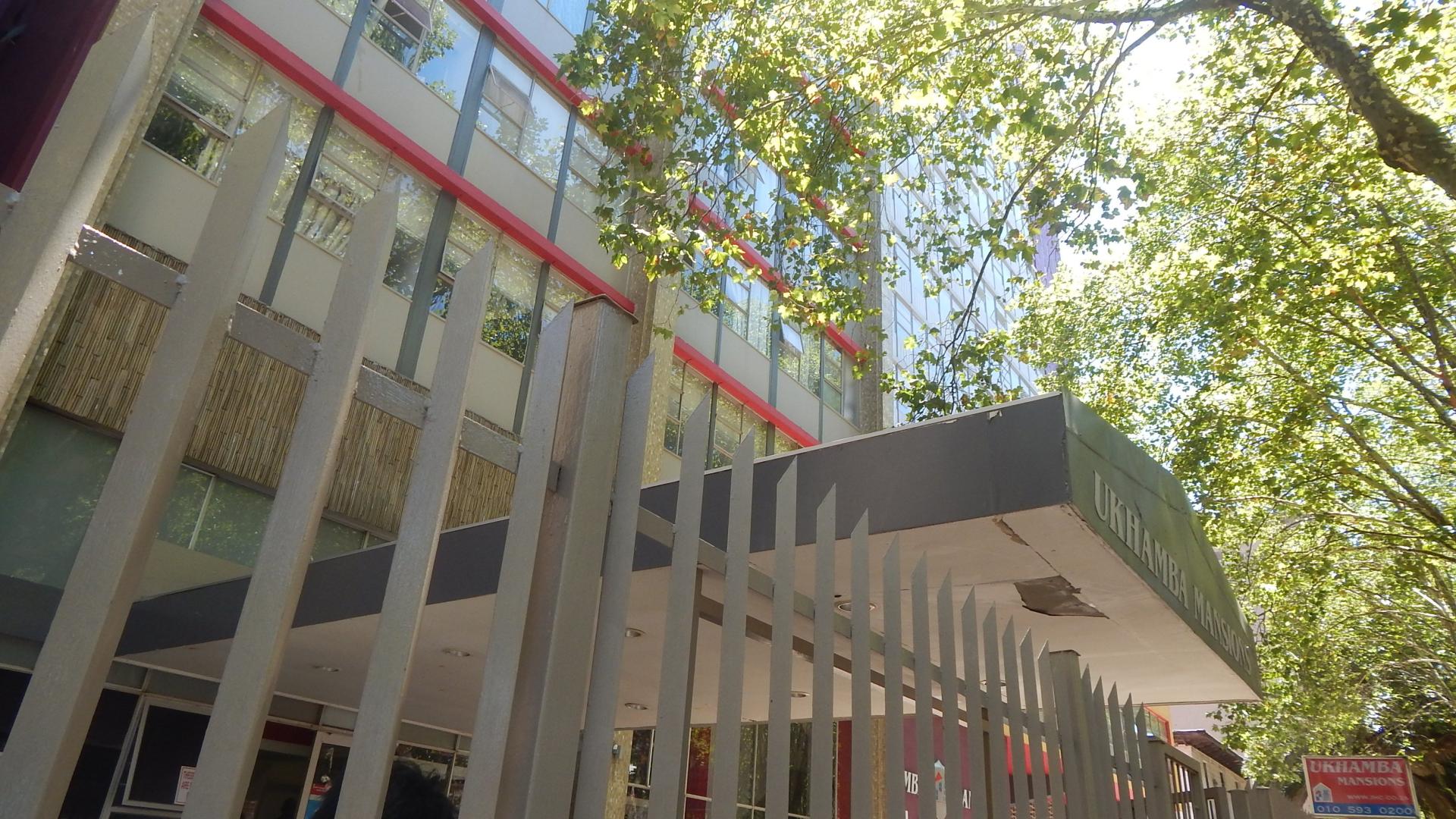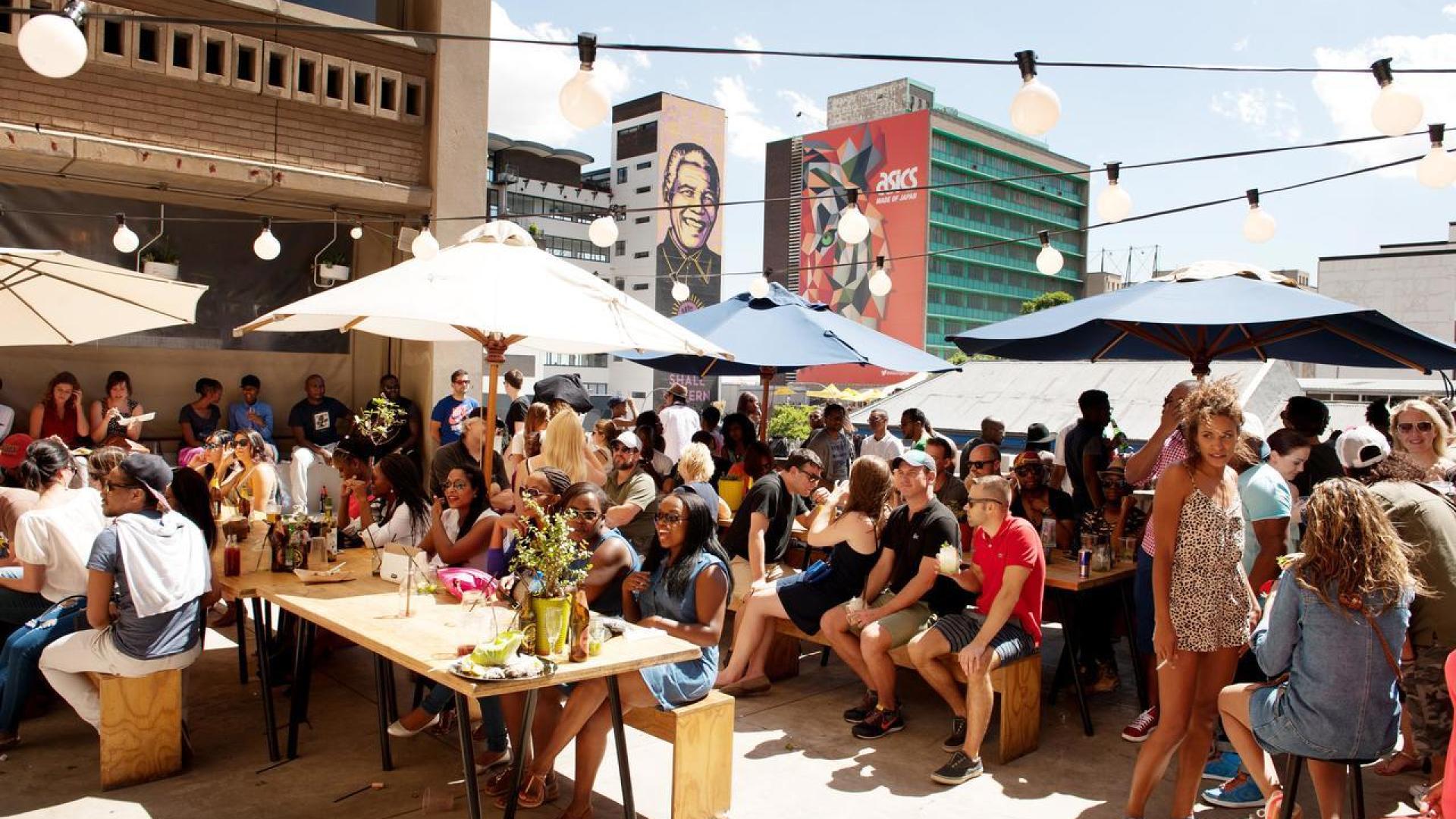What to do when you’re facing eviction
What to do when you’re facing eviction No one purposely stops paying rent; it’s often a result of financial strains which a tenant is facing. The reality is that renting a flat in South Africa can be very expensive for many South Africans who live paycheck to paycheck and are...

What to do when you’re facing eviction
No one purposely stops paying rent; it’s often a result of financial strains which a tenant is facing. The reality is that renting a flat in South Africa can be very expensive for many South Africans who live paycheck to paycheck and are low-income earners.
When things get tough, they may sacrifice rental money for other basic necessities. The current coronavirus pandemic, which has resulted in many job losses and salary cuts, is a clear example of unforeseen circumstances that can cause financial constraints.
And, while landlords are within their rights when they cancel out lease agreements and claim arrears, as a tenant, you also have rights that protect you from violent and illegal evictions.
What is an illegal eviction?
Illegal eviction refers to a forceful nature where a landlord forces you out of your rental home. This includes acts like cutting off electricity supply or water supply at your rental home and locking you out of your rental home. It also means your landlord cannot take your possessions and sell them to compensate for missed rent.
An eviction is illegal if there’s no valid court order provided to you by your landlord. The court order typically gives you 14-days notice before you have to leave your home. This means your landlord cannot simply throw you out on the same day they serve you with a flat eviction notice. It’s also illegal to evict you without a sheriff present on the day of enforcement of the eviction court order.
On what grounds can a landlord evict a tenant?
Your landlord has a right to apply for an eviction order if they consider you an unlawful occupier. An unlawful occupier is, according to the eviction law;
- A person who stays on the property without the consent of the landlord.
- A person who has no right to stay on the property according to the law.
- A person who stays on the property despite the landlord’s withdrawal of previous consent. For example, you’re considered an unlawful occupier if a landlord cancelled a lease agreement due to you breaching that contract by not paying rent, damaging the property or not adhering to the terms and conditions of your lease agreement.
What does the South African rental law say about evictions?
It’s important that you know what the correct legal process for eviction is and what tenants’ rights are in South Africa. That way, you’re more informed about what your landlord can and cannot do when evicting you out of your rental home.
According to the South African Constitution, no person can be removed from their home without a court order. If your landlord is evicting you, they have to apply for an eviction order and have it approved in writing by the court. A court order prevents illegal eviction from taking place and allows you to vacate the property through legal processes. This is enforceable by law through the Prevention of Illegal Eviction from and Unlawful Occupation of Land Act No. 19 of 1998.
What can you do to protect yourself from illegal eviction
In an unfortunate crisis such as the coronavirus, it’s important to be a proactive tenant and request a meeting with your landlord as soon as you’ve assessed your financial situation. This is where you can explain your financial constraints to your landlord and start negotiating a solution that will be favourable to the both of you. More often than not, landlords will understand the financial challenges at volatile times such as these, and practise more empathy and sensitivity. This is why clear communication is important from the get-go.
But if that doesn’t work, you can try and suggest a mediation process by the Rental Housing Tribunal, which is a body which helps resolve landlord and tenant disputes. If the matters have already escalated to a point where your landlord has cut off supply services or locked you out, you can protect yourself by informing your landlord of your rights and letting them know that they have to follow lawful procedures to evict you.
You have the right to oppose your eviction if you do not have another place to live. According to the constitution, no one can be evicted into homelessness. This means that you can oppose your eviction and state your case by asking for more time to pay your rent or fix the damage caused at the property.
However, be aware that you will be taking the matter to court, which could mean you will need legal representation. If you cannot afford a lawyer, the court may grant you a free legal representation should they find that your circumstances require that you receive free legal services. Alternatively, if you have to accept that you’re being evicted, you can simply ask for more time.
You can use that time to search for a housing agency which will help you with finding more affordable flats to rent around Johannesburg. An agency that is supportive as us here at Johannesburg Housing Company.



